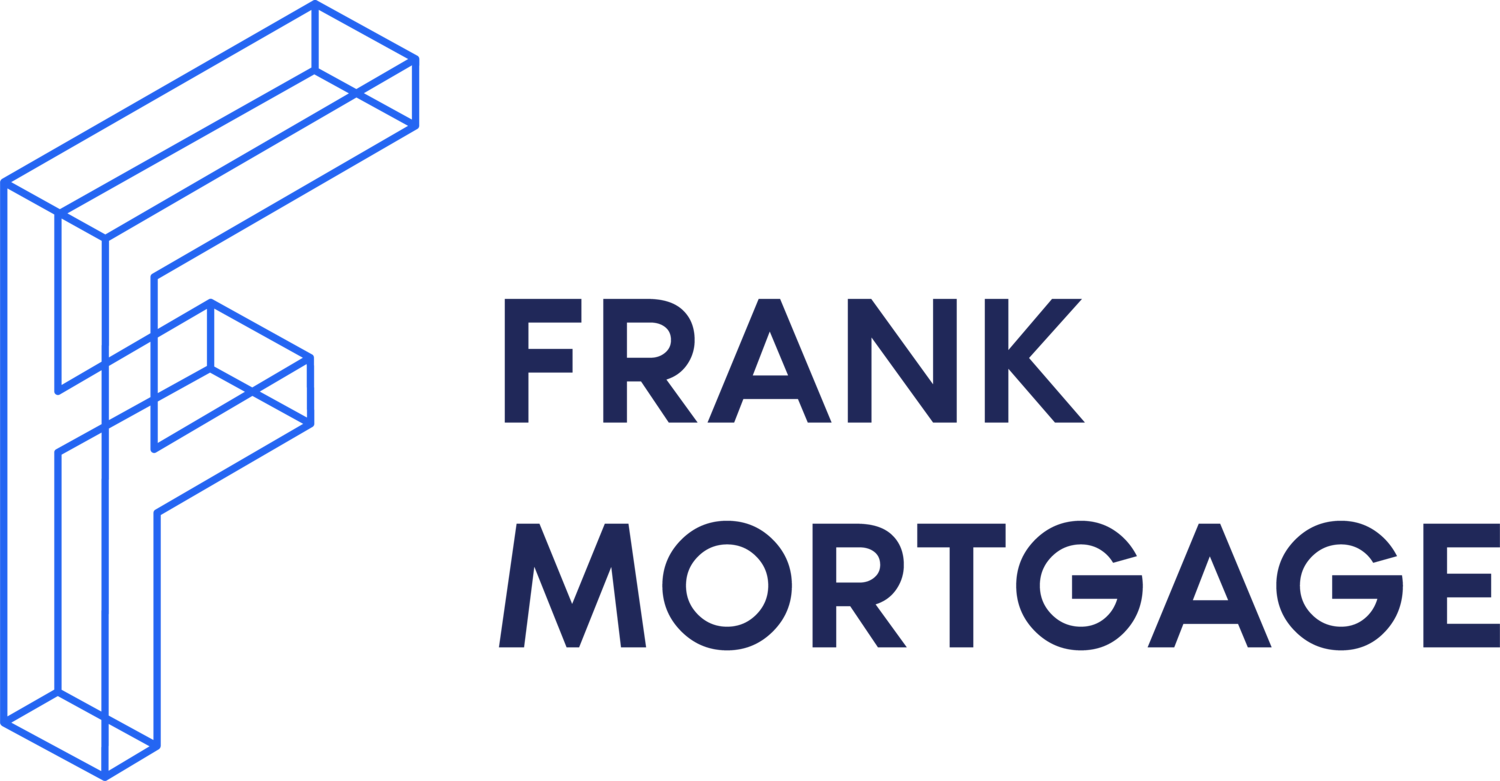Alternative Mortgage Financing Strategies
Home ownership is a worthy goal for most Canadians. Today, with rising home prices and tightening mortgage rules, Canadian home buyers often struggle to meet the traditional mortgage borrowing requirements. For many, it may be worth exploring various alternative strategies to finance a home purchase.
The Canadian housing market remains active despite producing lower numbers than a couple of years ago. Interest rates may come down a bit and the long-term trend for house prices might continue to be positive. Home ownership should be beneficial over time both personally and financially. If you can’t qualify under the stringent A-lending criteria at the major mortgage lenders, what can you do to enter the market? Let’s review the strategies we see some Canadians using today.
Qualifying for a Mortgage Today
Before diving into alternative strategies, let’s look at the primary method of financing a home purchase: securing a mortgage. The key factors that lenders consider when evaluating you as a borrower include:
Credit Score: Borrowers often overlook a good credit score, but it is crucial. A-lenders typically look for scores above 680. Borrowers with lower credit scores can often secure a mortgage but at higher rates.
Down Payment: The minimum down payment for an insured mortgage is 5% for homes worth up to $500,000, and 10% for the portion of the home price between $500,000 and $1 million. These down payments apply for insured mortgages. If your down payment is greater than 20% you do not require mortgage insurance. Homes worth over $1 million are not eligible for mortgage insurance and require a minimum down payment of 20%.
Income and Employment: Stable and provable income is necessary to qualify for the lowest mortgage rates. Lenders will use your income to calculate your debt-service ratios to ensure you can manage the required mortgage payments over time.
Mortgage Stress Test: Mortgage borrowers must pass the mortgage stress test. This stress test is part of the debt-service calculation. The mortgage rate used by lenders today under the stress test is your contract mortgage rate plus 2%.
One area of traditional lending that has also seen some change in recent years is family members providing assistance. New home buyers often receive either i) down payment funds from parents, or ii) a close relative acting as a co-signor. Either of these strategies can greatly enhance a new homebuyer’s chances of qualifying for a mortgage.
Traditional Mortgage Strategies
Fixed-Rate Mortgages: These are the most common mortgages in Canada. They offer a stable interest rate during the term of the mortgage and predictable monthly payments for the term of the mortgage. They are the conservative choice for most mortgage borrowers.
Variable-Rate Mortgages: These are less common than fixed rate mortgages but become more popular when borrowers believe that interest rates will decline in the future. Variable mortgage rates fluctuate with the market, which can lead to lower rates during the term of the mortgage. The trade-off is that they create interest rate risk for a borrower than can be costly if rates move against you.
High-Ratio, Insured Mortgages: Mortgage insurance helps borrowers that have smaller down payments. If your down payment is less than 20% and the property value is less than $1 million, then you require mortgage insurance through CMHC, Sagen, or Canada Guaranty. When your mortgage is more than 80% of the property value (i.e. your down payment is less than 20%) it is considered a ‘high-ratio’ mortgage. Insured mortgages can have either fixed or variable rates.
These traditional mortgage financing methods have worked well over time in Canada. The housing and mortgage markets in Canada are generally strong and have historically compared favourably to other jurisdictions. In recent years Canadian house prices have increased dramatically and the current higher interest rate environment puts stress on prospective borrowers attempting to qualify for mortgage financing.
A recent survey from CMHC, 2024 Mortgage Consumer Survey, shows that Canadian homebuyers are resilient in the face of these challenges. CMHC says in their report that “While consumers continue to have concerns or uncertainty during the home buying process, the majority (79%) still believe it is a good long-term financial investment.”
Adapting to the higher interest rate environment presents challenges but homebuyers continue to adjust. Many have turned to non-traditional home financing methods. This demonstrates the market’s adaptability and Canadian’s persistence in pursuing the homeownership dream.
Alternative Mortgage Financing Strategies
With the housing market becoming more challenging, many Canadians are turning to alternative strategies to make home ownership possible. The most common strategies include:
Private Lenders
When traditional A- or B-lenders aren’t an option, private lenders can work for some borrowers. You should always try to qualify for an A-mortgage or a B-mortgage first. A private mortgage should be a last resort for borrowing on your own. The reason for this is that private mortgages are more expensive, often far more expensive than the other alternatives. Private lenders often provide more flexible terms but that comes at a cost.
| Pros | Cons |
|---|---|
| Flexible underwriting criteria | Higher mortgage rates and fees |
| Faster approval process |
Shorter terms and balloon maturity risk |
| Ability to finance non-traditional properties | Private lenders may not offer a renewal |
Rent-to-Own
This option allows potential buyers to rent a home with the intention of purchasing it after a certain period. A portion of the rent goes towards the future down payment. It is beneficial for those who need time to save for a down payment or improve their credit score.
| Pros | Cons |
|---|---|
| Time to save for a down payment | Higher rent payments |
| Portion of rent contributes to future ownerships |
Non-refundable fee |
| Opportunity to build credit | Potential for losing investment if unable to purchase at end of term |
Shared Equity
Shared equity involves partnering with a company that provides part of the down payment in exchange for a share of the property’s future appreciation. You could give up significant future appreciation in the home you purchase, but it may be worth it if you cannot qualify without it.
| Pros | Cons |
|---|---|
| Reduces the initial down payment you are required to fund | Sharing the upside house value appreciation |
| A larger down payment using these funds leads to lower monthly mortgage payments |
A third party is now involved in your home ownership |
| Can enter the housing market sooner | Deal complexity |
Co-Ownership
Co-ownership involves purchasing a home with friends, family, or other parties. Multiple parties can share the ownership and split the costs. Sharing the down payment and mortgage payments can make for a more affordable entry into the housing market.
| Pros | Cons |
|---|---|
| Share the financial burden and obligations of home ownership | Potential for conflict among co-owners |
| Can potentially afford a larger or better-located property |
Legal complexity |
| Co-owners can support each other | Potential for difficulty when a co-owner wishes to sell |
Conclusion
Financing a home purchase in Canada today can be challenging. If you unable to qualify for a traditional mortgage, it is worth investigating alternative methods to achieve homeownership. Alternative strategies like rent-to-own, shared equity, co-ownership, and private lenders offer viable paths to homeownership. Each option comes with its own set of benefits and drawbacks, so it is essential to assess your financial situation, long-term goals, and risk tolerance.
Consult with a good mortgage broker to explore the alternatives. They can provide valuable insights and help you choose the best financing strategy for your unique circumstances. With the right approach, you can navigate the challenges of the Canadian housing market and achieve your dream of homeownership.
At Frank Mortgage we place our customer’s needs first. We are here to help so please reach out to us at 1-888-850-1337 to begin a conversation about your mortgage financing needs. You can also find us at frankmortgage.com.

Don Scott
Don Scott is the founder of a challenger mortgage brokerage that is focused on improving access to mortgages. We can eliminate traditional biases and market restrictions through the use of technology to deliver a mortgage experience focused on the customer. Frankly, getting a mortgage doesn't have to be stressful.
Connect with Don on LinkedIn!
